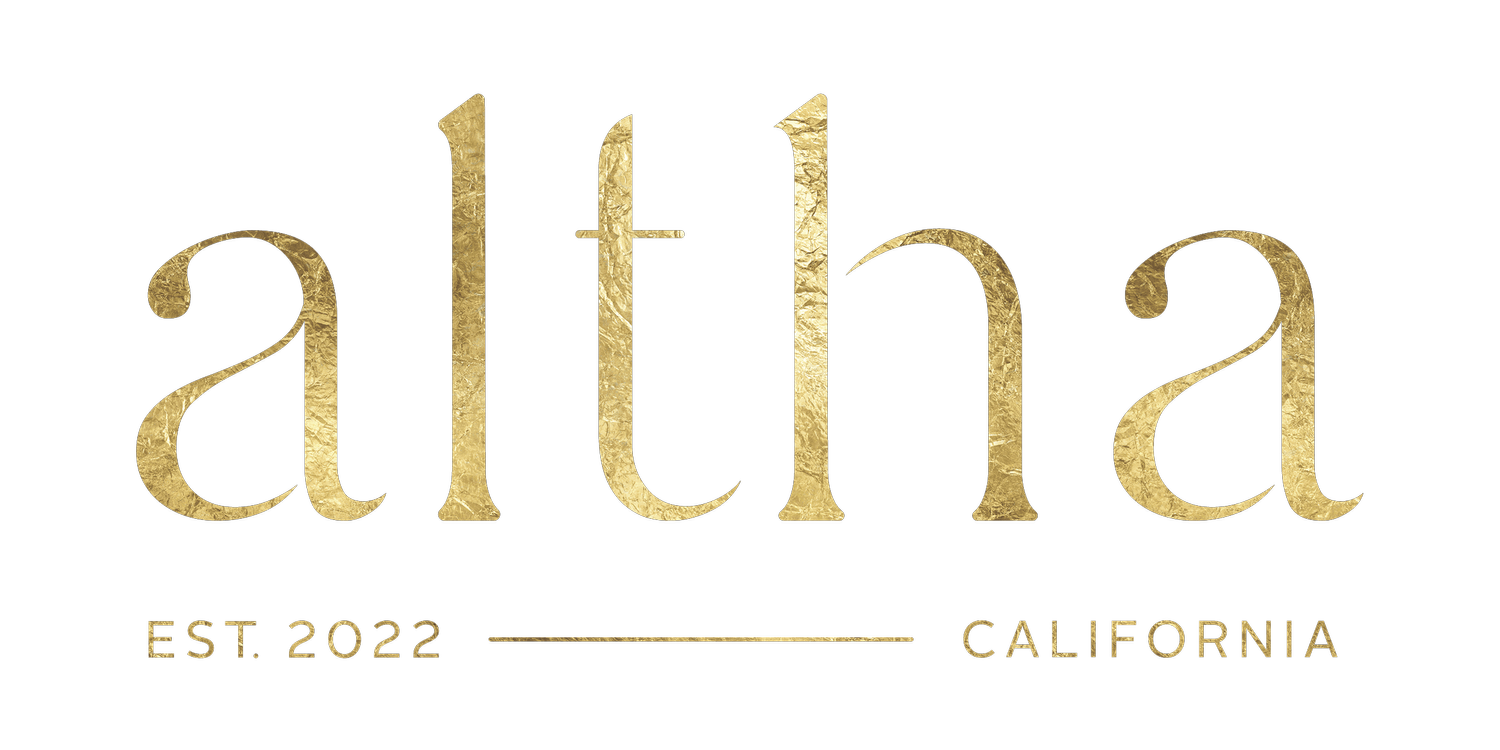Mastering Time Management for a Balanced Life
We all lead busy lives, and effective time management is essential for maintaining our balance and well-being. With the constant pressure to do more in less time, the daily grind can often lead to overwhelming stress and a sense of disconnection. However, incorporating practices like spiritual cleansing and sound healing can create a pathway to a more harmonious life. Read on to explore the role of spiritual cleansing in stress management, the importance of balancing personal and professional life, our favorite tips for better time management, and how sound healing training can help enhance focus and productivity.
What Role Does Spiritual Cleansing Play in Managing Daily Stress?
Spiritual cleansing involves practices that help release negative energy and promote emotional clarity. Techniques such as meditation, smudging, visualization, and Mayan Herbal Cleansing can purify both your space and your mind, fostering a sense of peace and grounding. When you regularly engage in spiritual cleansing, you’re better equipped to handle the stressors of daily life.
Altha Tip: Set aside 5-10 minutes each day for spiritual cleansing. Whether it’s a brief meditation session or burning sage, incorporating this practice into your daily routine can help clear your mind, allowing for more focused and productive work periods.
Additionally, spiritual cleansing can provide a reset after a hectic day, allowing you to release accumulated stress so you don’t carry yesterday’s events into the next day. When your mental space is clear, decision-making becomes easier, and you’ll find it simpler to prioritize tasks, enhancing your overall time management.
How Does Balancing Personal and Professional Life Contribute to Well-Being?
Achieving a healthy balance between personal and professional responsibilities is vital to overall well-being. When work dominates our personal lives, feelings of burnout and overall dissatisfaction with life can arise. Establishing boundaries is essential; make time for both your work obligations and personal interests, including hobbies, exercise, wellness, and socializing.
Time Management Tip: Use a planner or digital calendar to schedule your day. Block out time for work tasks and personal activities alike. Treat these blocks with equal importance—just as you wouldn’t skip a meeting, don’t skip a yoga class or dinner with a friend.
Additionally, taking breaks throughout your workday can boost your productivity and creativity. Short pauses allow you to recharge mentally and physically, making it easier to transition into personal time later. Prioritizing self-care—whether through sound healing, yoga, reading, or connecting with loved ones—will recharge your energy and improve your focus when you return to work.
10 Quick Tips for Better Time Management
Embrace the "Two-Minute Rule": If a task takes less than two minutes to complete, do it immediately instead of putting it off.
Utilize the Pomodoro Technique: Work in focused bursts of 25 minutes followed by a 5-minute break. This can boost concentration and reduce fatigue.
“Eat the Frog”: Tackle your most challenging task first thing in the morning when your energy levels are highest.
Create a “Done” List: Instead of just focusing on what’s left to do, keep a list of completed tasks to celebrate your progress and motivate yourself.
Set Timers for Tasks: Challenge yourself by setting a timer for specific tasks, which can create a sense of urgency and help you stay focused.
Limit Meetings: Make meetings shorter and more efficient by establishing clear agendas and only inviting essential participants. Ask yourself, “can this just be an email”?
Use the “5-Second Rule”: When you feel the urge to procrastinate, count down from five and then take action immediately. This can help break the hesitation.
Incorporate "No-Phone" Zones: Designate specific times where phone use is off-limits to minimize distractions. Those Instagram notifications can really disrupt a work flow!
Experiment with Different Work Environments: Change your workspace occasionally—try working in a café, park, or a different room to refresh your focus.
Adopt a “Wind Down” Ritual: Create a routine at the end of your workday to mentally transition to personal time, helping to reduce stress and improve work-life balance.
How Can Sound Healing Events Enhance Focus and Productivity?
Sound healing is a powerful tool for enhancing concentration and productivity. By immersing yourself in the vibrations of singing bowls, ocean drums, chimes, and more, you create an environment conducive to deep focus and creativity.
Attending either public or private sound healing sessions offers a unique opportunity to disconnect from daily distractions. These sessions can reduce anxiety, promote relaxation, and increase mental clarity. Our sound bath participants often report feeling more centered and present, which directly translates to enhanced productivity in both personal and professional endeavors.
Altha Tip: Consider scheduling sound healing events into your routine, much like you would any other appointment. Regular attendance can provide a consistent time for relaxation and reflection, making it easier to recharge amid a busy schedule.
Whether you’re seeking a peaceful space to unwind or a structured session to boost your focus, both our private and public sound healing services as well as our hypnosis offerings can support your journey toward a more balanced, well-managed life.
Frequently Asked Questions
-
A. Effective time management enhances productivity, reduces stress, and allows individuals to allocate time for both personal and professional commitments, leading to a more balanced and fulfilling life.
-
A. Prioritizing tasks helps individuals focus on what is most important, ensuring that essential responsibilities are completed first, which leads to greater efficiency and less overwhelm in daily life.
-
A. Techniques such as the Pomodoro Technique, time blocking, and setting SMART goals can significantly improve time management skills, enabling individuals to manage their schedules more effectively and achieve a balanced lifestyle.









